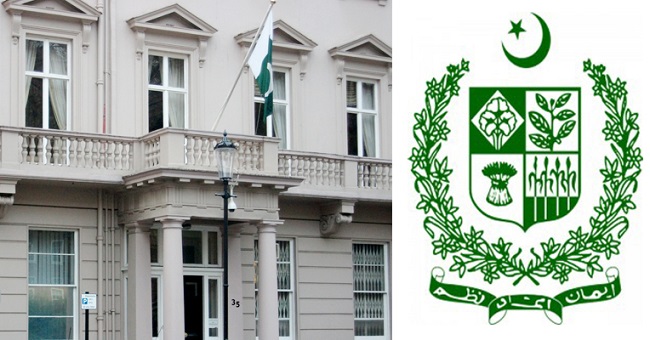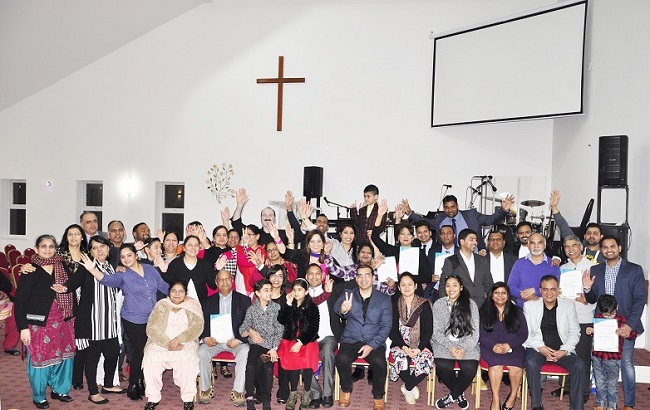Significant Change to the Case Law on Deprivation of British Citizenship

The Supreme Court ruled on 21 December 2017 in the cases of R (Hysaj and others) v Secretary of State for the Home Department and Bakijasi v Secretary of State for the Home Department that if a person made misrepresentations during an application for British citizenship they can be deprived of their citizenship under sections 40 and 40A of the British Nationality Act 1981, instead of having it nullified.
The appellants in the two cases created false identities for themselves in order to obtain asylum and subsequently ILR on that basis. In 2004 Mr Hysaj was granted citizenship after an application where he provided the same details as for his previous applications – his real name, but his wrong place of birth, date of birth and nationality. Mr Bakijasi was granted citizenship after an application where he provided a false name, false date of birth, a false nationality and a false place of birth. In 2013 both Mr Hysaj and Mr Bakijasi had their citizenships nullified.
The previous case law provided that where an applicant has made an application on the basis of a false identity, the citizenship should be nullified. Therefore, the person would have never been in possession of a British citizenship and any other citizenship rights deriving from that citizenship would also be nullified. In this instance, the children of Mr Hysaj and Mr Bakijasi would have had their British citizenships nullified as well.
However, the Supreme Court’s decision rejected this approach in the instance where the false identity is a fake identity, rather than a stolen identity. As the reasoning goes, if the identity was stolen, the actual applicant never made the application and the nationality should be nullified. Thus, the person had never held this nationality.
However, if the identity used was a fabrication, the applicant had made false representation and they should be deprived from their British nationality under section 40 of the British Nationality Act 1981. Therefore, they would have held their nationality up to the moment they were deprived from it. As this was the case with Mr Hysaj and Mr Bakijasi, such an approach would provide them with a right of appeal and would not affect the nationality held by their children.
Interestingly, after the Court of Appeal previously upheld the old approach taken to such cases, once the case was taken to the Supreme Court the Secretary of State for the Home Department agreed with Mr Hysaj and Mr Bakijasi’s appeals and provided her own reasoning as to why their decision was incorrect.
Source: Gherson Immigration, http://bit.ly/2CDbiCz





